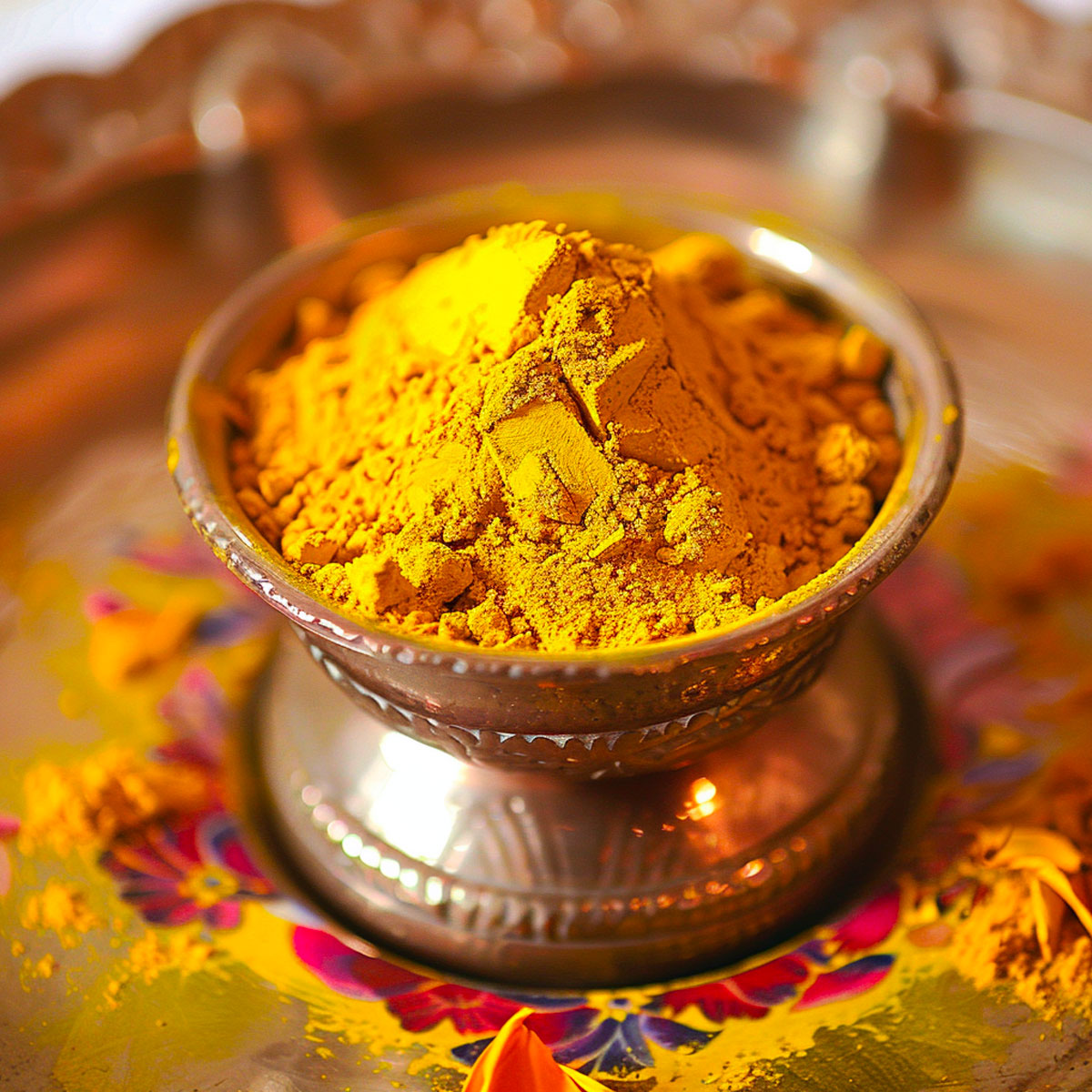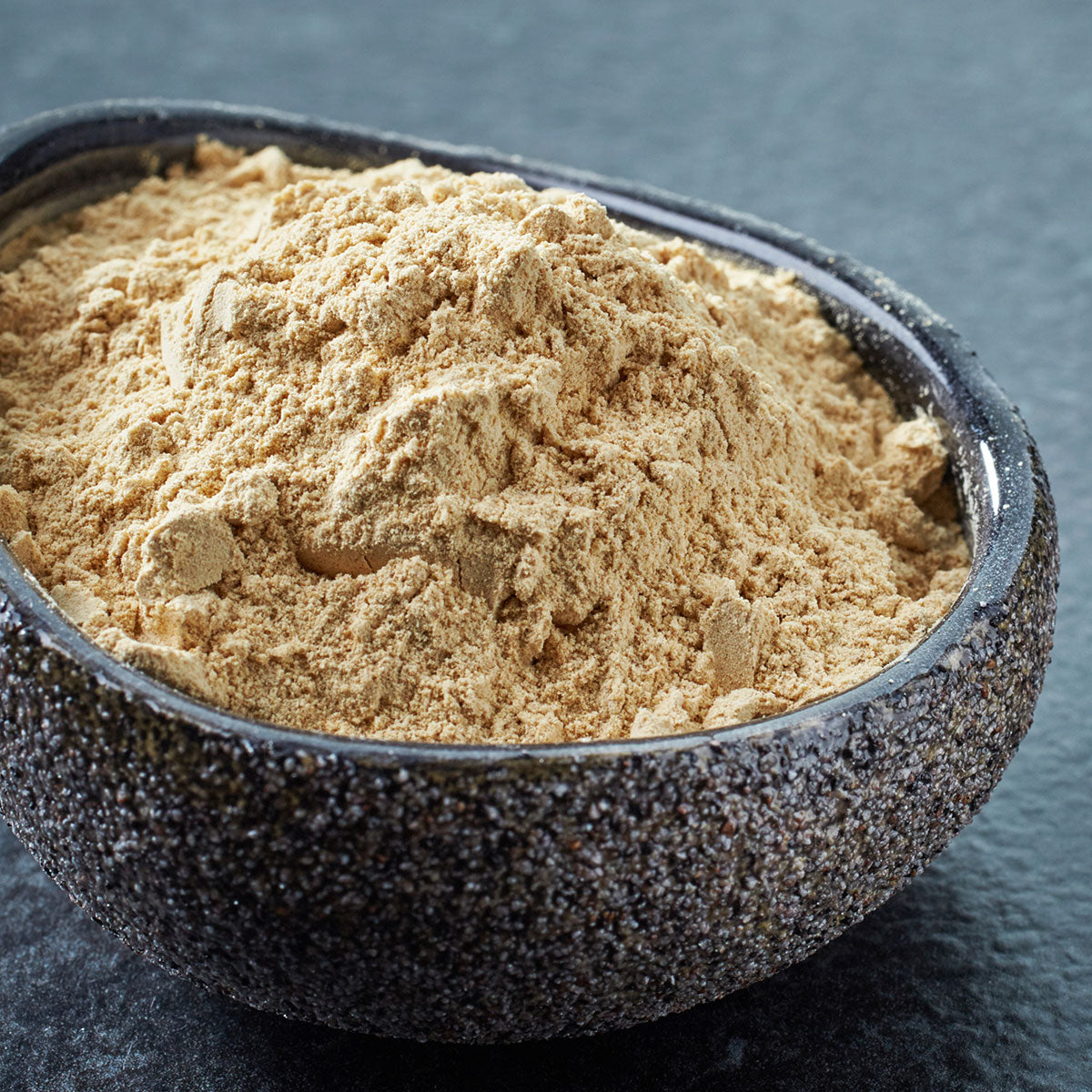Oils are one of the most confusing areas of health and nutrition and it can be hard to keep up with the latest research. When it comes to heating oil, some types are far more dangerous than others and the recent evidence might surprise you!

A note before we get into the juicy info: at very high temperatures, all oils will start to change composition and could become harmful, so the key is to keep frying quick and infrequent, and of course choose your oil well.
A comprehensive study from 2018 analysed 10 different oils for stability and safety at high temperatures. It found that extra virgin olive oil, coconut oil and peanut oil were most resistant to reacting with oxygen and breaking down (oxidation). Plus, they gave off the lowest amounts of toxic by-products. (ACTA Scientific Nutritional Health)
Seed oils such as canola, sunflower and grapeseed however, quickly oxidised when heated and produced the most harmful by-products including aldehydes and lipid peroxides - linked to Alzheimer’s disease, rheumatoid arthritis, cancer etc. Eeek. Canola oil was the most worrisome as it started producing harmful compounds much quicker than any other oil at a staggering rate.
The study also found that olive oil had the highest amount of antioxidants out of all oils, putting it at the top of their results. However it didn’t take into account other factors such as the content of medium-chain triglycerides (MCTs) in coconut oil - the amazing fats that give quick energy and tend not to be stored by the body, which could make it a preferred choice for many. Also the coconut oil used in the study was a refined version (not virgin) - had they used the latter it could have yielded even higher results for coconut oil.
If, like us you had previously read that avocado oil was the best for cooking due to its high smoke point, the study threw a massive curve ball. Avocado had one of the lowest scores for oxidative stability and produced more toxic by-products than olive or coconut oils. The researchers stated that smoke point was not a useful indicator. Head spin!
Soyabean oil is the most commonly consumed oil in the US and a study from earlier this year found it reduced oxytocin – also known as our ‘love hormone’ or ‘happy hormone’ (Endocrinology, 2020).
Significant effects were found on the hypothalamus, the area of the brain that regulates body weight, fertility and the way we respond to stress. Around 100 different genes were affected by soybean oil, which could have potential implications for diseases such as autism and Parkinson’s.
Previous research from 2015 by the same team at UC Riverside found that soybean oil induced obesity, diabetes, insulin resistance, and fatty liver. *(The research was carried out on mice, which goes against our ethics but the results were so profound, we felt they were important to share.)
The research team strongly advised reducing consumption of soybean oil, but pointed out that other soya products like natto, tofu, tempeh, edemame and miso only contain small amounts of the oil and lots of other healthy components. Phew!
How to protect yourself
- Stick to olive, coconut and peanut for cooking – and generally aim to keep frying to a minimum. This includes the duration of time you fry for!
- Avoid mayonnaise, dressings and baked goods like cookies and cakes that tend to contain soyabean oil and/or oxidised fats.
- Take 1 serving of our authentic Sri Lankan Turmeric (or our Super Turmeric for even more protective effects) before eating out: Studies have shown compounds in Turmeric can decrease damage to human DNA from oxidised oils!
Q&A
Can I bake with these oils?
Baking uses lower temperatures than frying and roasting, so it won't have such a negative impact on the oil or create dangerous levels of toxins.
Is vegetable oil safe?
Vegetable oil is usually predominantly made up of soybean oil, canola, corn, peanut or a mixture of several types. Do check the label or ask the manufacturer, but if it is soybean, it's best avoided for the reasons explained above.
I've read negative information about peanut oil, is it really healthy?
As with any food, there are positives and negatives, and each person has their own nutritional requirements and things they wish to avoid. Here we have outlined the benefit of choosing peanut oil for cooking at high temperatures because it has been proven to be more stable than many other oils and doesn't produce as many dangerous toxic by-products.
How can coconut oil be healthy if it is full of saturated fat?
Coconut oil does contain high levels of saturated fat, however the particular type of saturated fat 'lauric acid' that occurs in coconut has been found to be beneficial in many studies.
Should I fry with sesame oil?
Sesame oil was not included in the Australian study, so we don't know the statistics on this oil in comparison to olive or coconut. However, as a seed oil high in polyunsaturated fat, it is likely to be susceptible to heat damage. Go for the more stable oils we recommend in the article!





